 Special to South Florida Times
Special to South Florida Times
Henry Lewis III points to a picture hanging in the administration building conference room at Florida Memorial University.
“What do you see in that picture over there?” he asks a visitor. The painting is of a gold colored lion, FMU’s mascot.
Lewis, however, sees more than a lion; he sees opportunity.
Pending board ap-proval this week for the purchase of FMU’s first aircraft, the lion soon will be emblazoned on the tail of a Cessna 172.
“The lion is our red tail,” Lewis said, referring to the signature red tail of the aircraft flown by the Tuskegee Airmen, the all-black fighter pilot squad of World War II whose feats are popularized in the recently released movie Red Tails.
With the purchase of the Cessna, Lewis is hoping to boost the enrollment and prestige of FMU’s flagship aviation program whose alumni include
Barrington Irving, the youngest person ever and the first black pilot to fly solo around the world, and Norma Ely, air traffic manager at Andrews Air Force Base. The first African-American woman to hold the post, Ely is responsible for takeoffs and landings of Air Force One, the presidential plane.
“A Florida Memorial graduate is guiding Barack Obama’s plane,” Lewis said proudly.
Lewis, 62, is being officially installed this week as the 12th president of South Florida’s only historically black university. He has replaced Karl Wright, who left abruptly after three years, a departure that trustees decline to discuss. Lewis and his wife, Marisa A. Lewis, a member of FMU’s health care management faculty, live in Miramar.
The former dean and professor in the College of Pharmacy and Pharmaceutical Sciences at Florida A&M University in Tallahassee was hired last year following a nationwide search involving nearly 100 candidates, said Jolinda Herring, a member of FMU’s Board of Trustees who chaired the presidential search committee.
“He had accomplished so much in his former position at FAMU,” said Herring, who has been on the board for five years. “We are supportive of his vision.”
Lewis’ “good to great” strategy features a list of 40 goals — “Vision 2020” — that will increase enrollment from under 2,000 students to 3,500 by 2020. He has earmarked the school’s aviation, nursing and science programs and graduate programs for enhancement. Other goals include adding a new gym and wellness center and installing a new chiller energy management system that will provide heating and air conditioning. And, in response to alumni requests, the school may revive its football program.
George Davis, who graduated from FMU in 1970, is a former president of the university’s national alumni association. He sees in the president a complete package of academic, administrative, research, municipal and fundraising skills.
“Dr. Henry Lewis is a blessing for Florida Memorial University,” said Davis who, through his Lifting Young Lions Foundation of Excellence Inc., has donated more than $50,000 for FMU scholarships. In April, the foundation will add another $20,000.
Lewis, who was FAMU’s pharmacy dean for 15 years, also was interim president of FAMU from January through June 2002. He also served for four years as dean of the Texas Southern University College of Pharmacy and Health Sciences.
The Tallahassee native has a BS in pharmacy from FAMU and a doctor of pharmacy degree from Mercer University in Atlanta. In 1986, he became the first African American elected to the Leon County Board of County Commissioners in Tallahassee.
Florida Memorial has endured a series of challenges, including name and campus changes. Founded as the Florida Baptist Institute in 1879 in Live Oak to educate former slaves and their children, it later moved to a 350-acre campus in St. Augustine, where it became known as Florida Memorial College.
Based since 1968 in Miami Gardens in north Miam-Dade County, FMU today offers 41 undergraduate and four master’s degrees, Lewis said.
The institution which boasts of being the birthplace of the “Negro National Anthem” Lift Every Voice and Sing has survived white supremacist threats. During the height of the Civil Rights Movement, acid was poured into the school’s pool, the Ku Klux Klan burned crosses on the campus lawns and various groups threatened to burn down the school, Lewis said.
“To protect the school and the students, school leadership made an unprecedented decision to move to Miami Gardens. We are probably the only university that had to physically move because of racism,” Lewis said.
That has turned into a boon for the area.
“Right now we are responsible for a $100 million impact on South Florida communities,” Lewis said, adding that behind the county government and the school board, FMU is the next largest employer of black residents.
FMU still owns the St. Augustine property, which, under Lewis’ plans, could house a new FMU branch. The school is looking to attract developers who would build and lease facilities and possibly build the new campus and create jobs, he said.
Photo: Dr. Henry Lewis

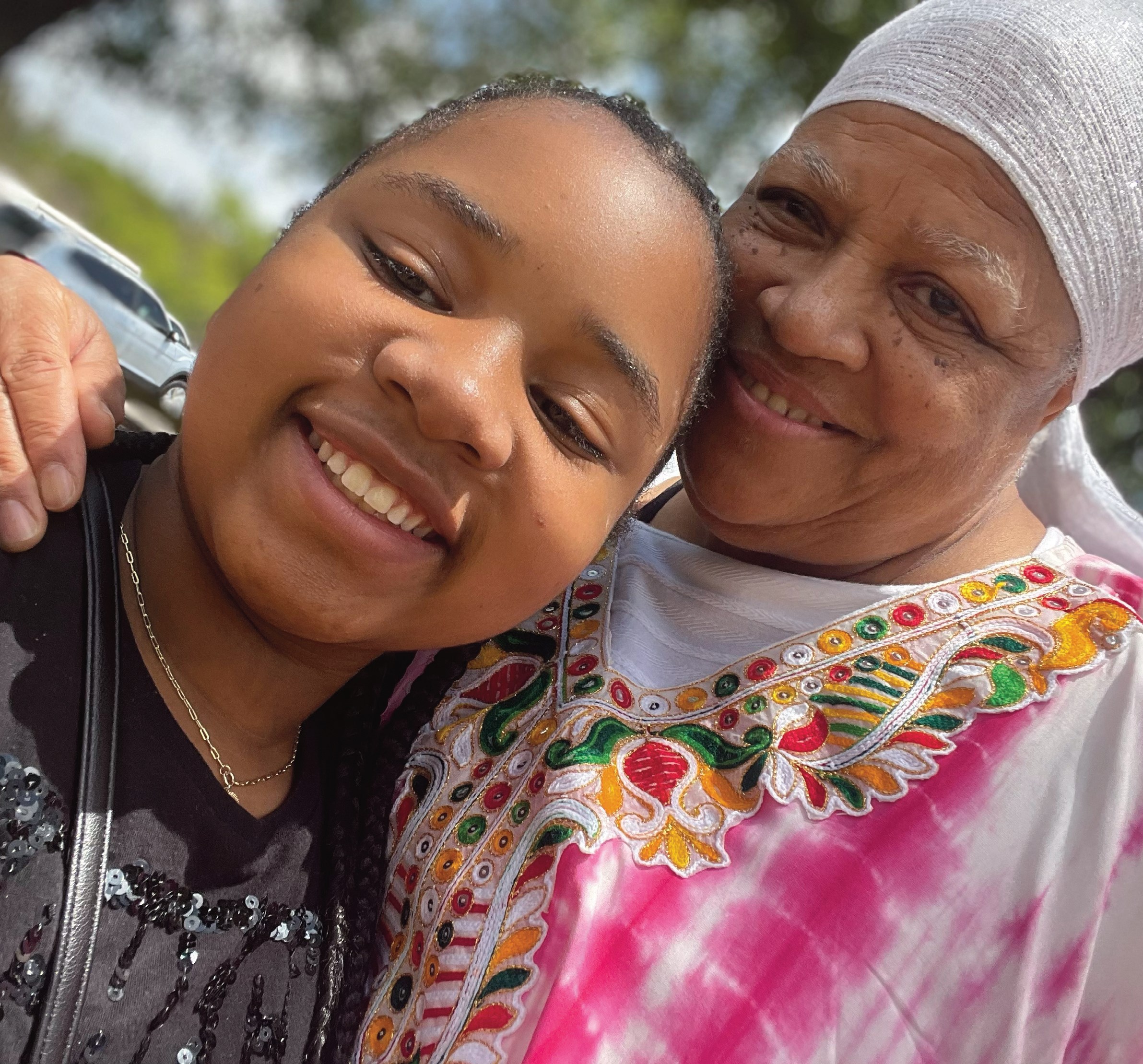

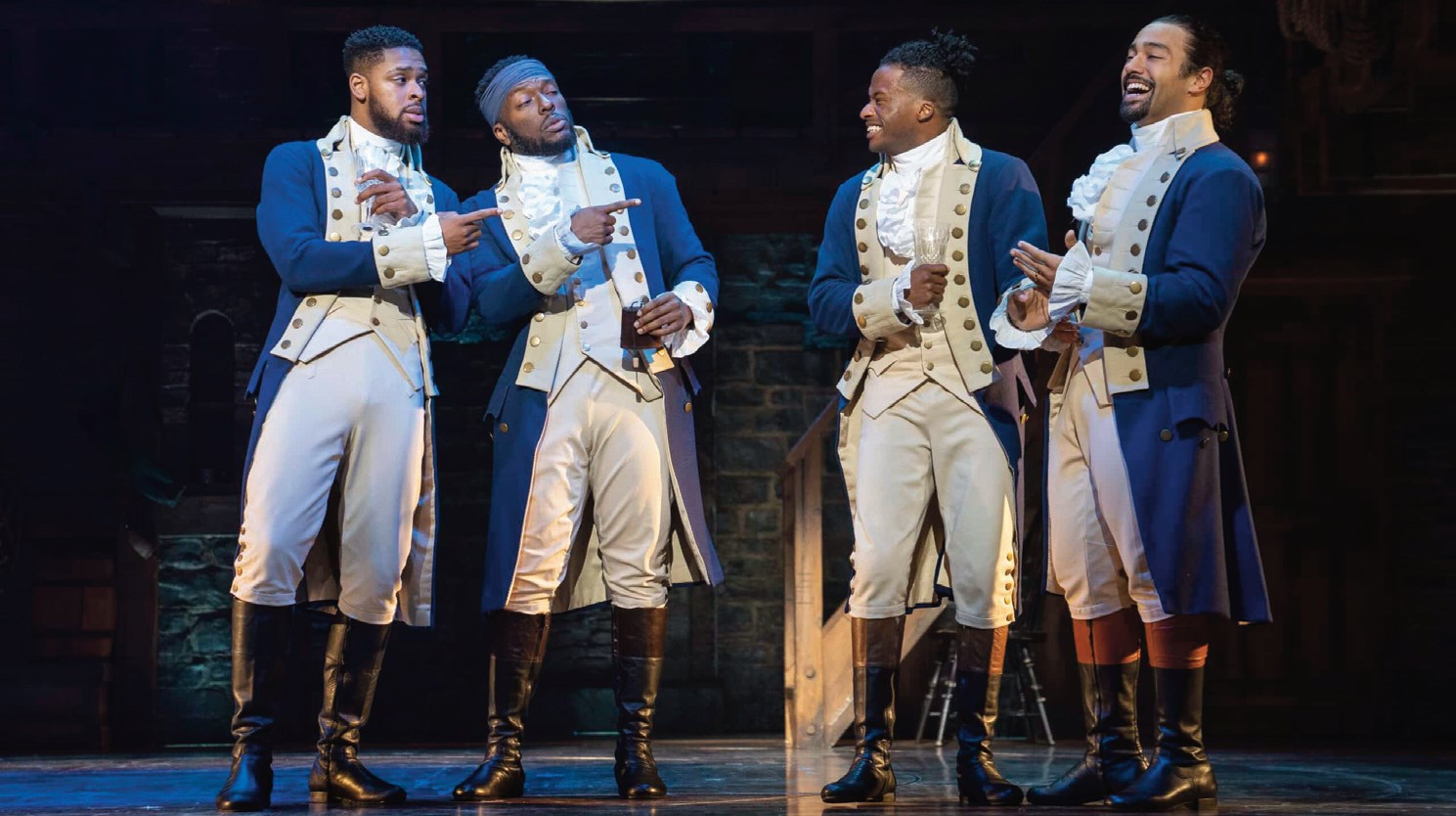
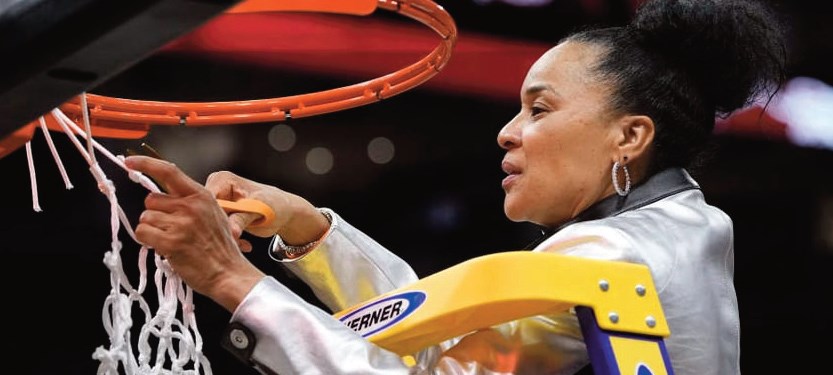
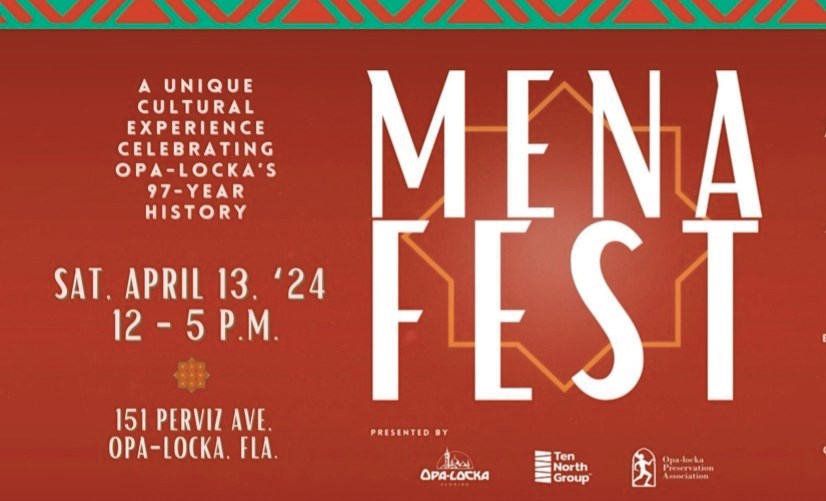
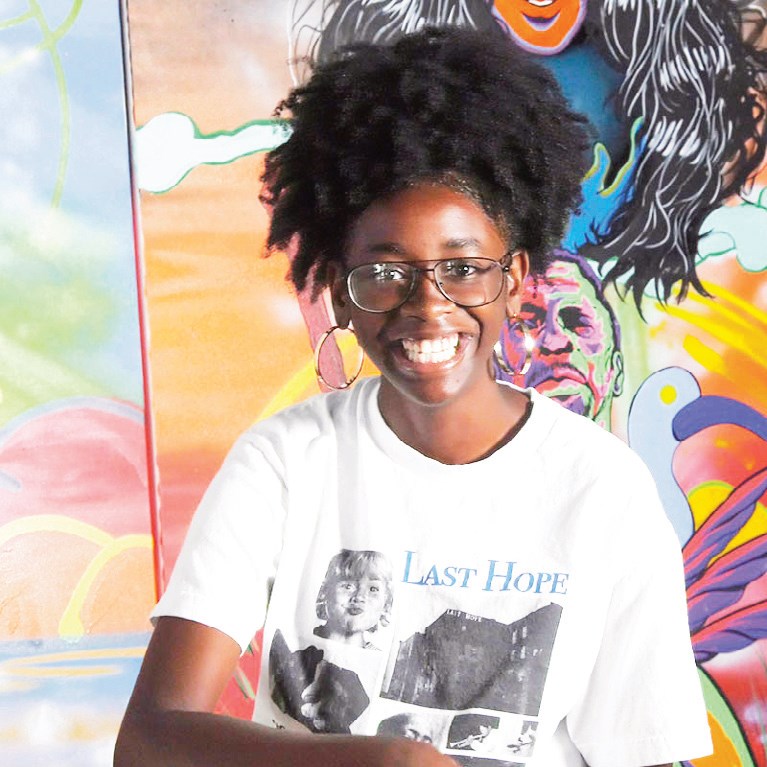
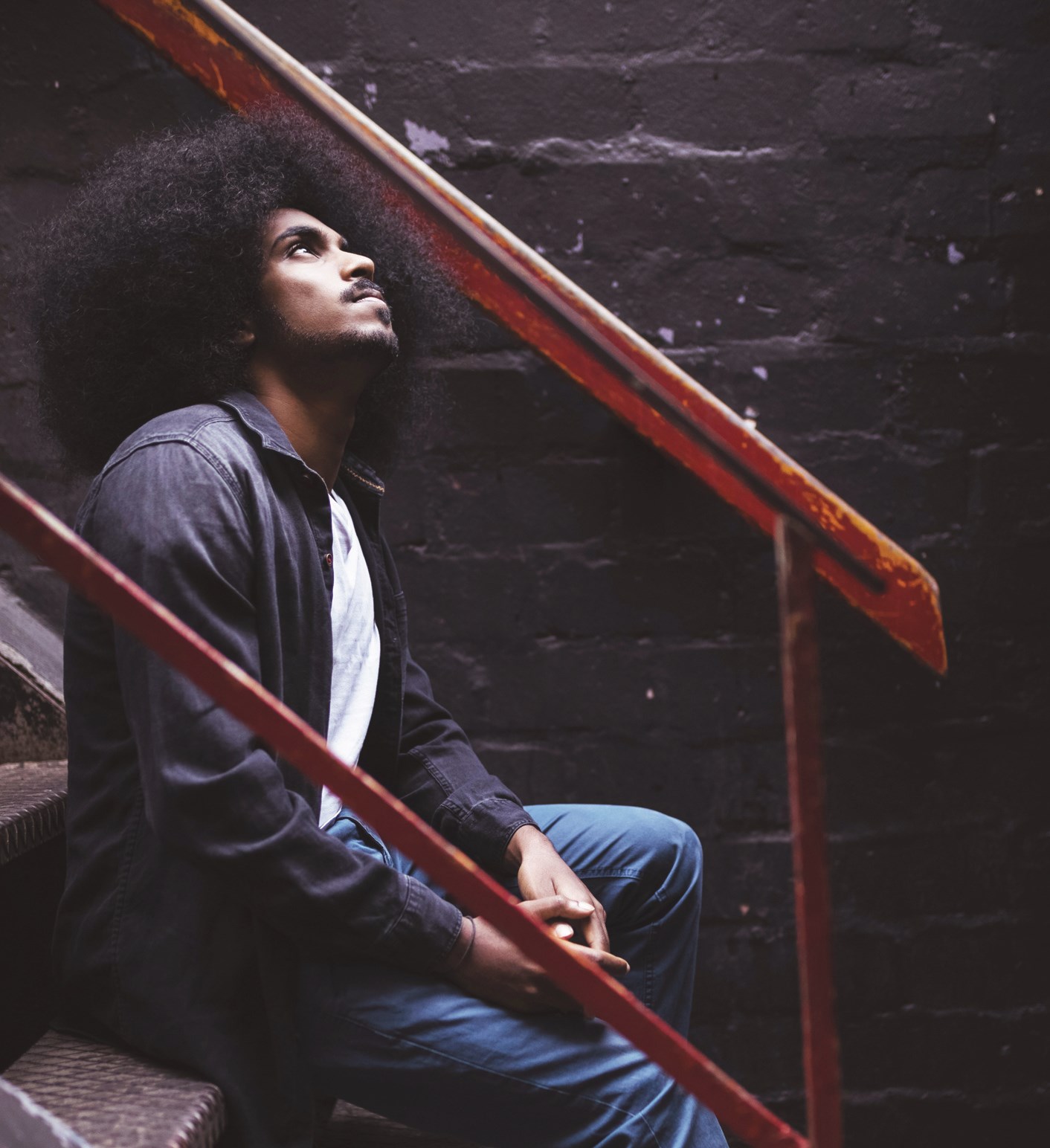
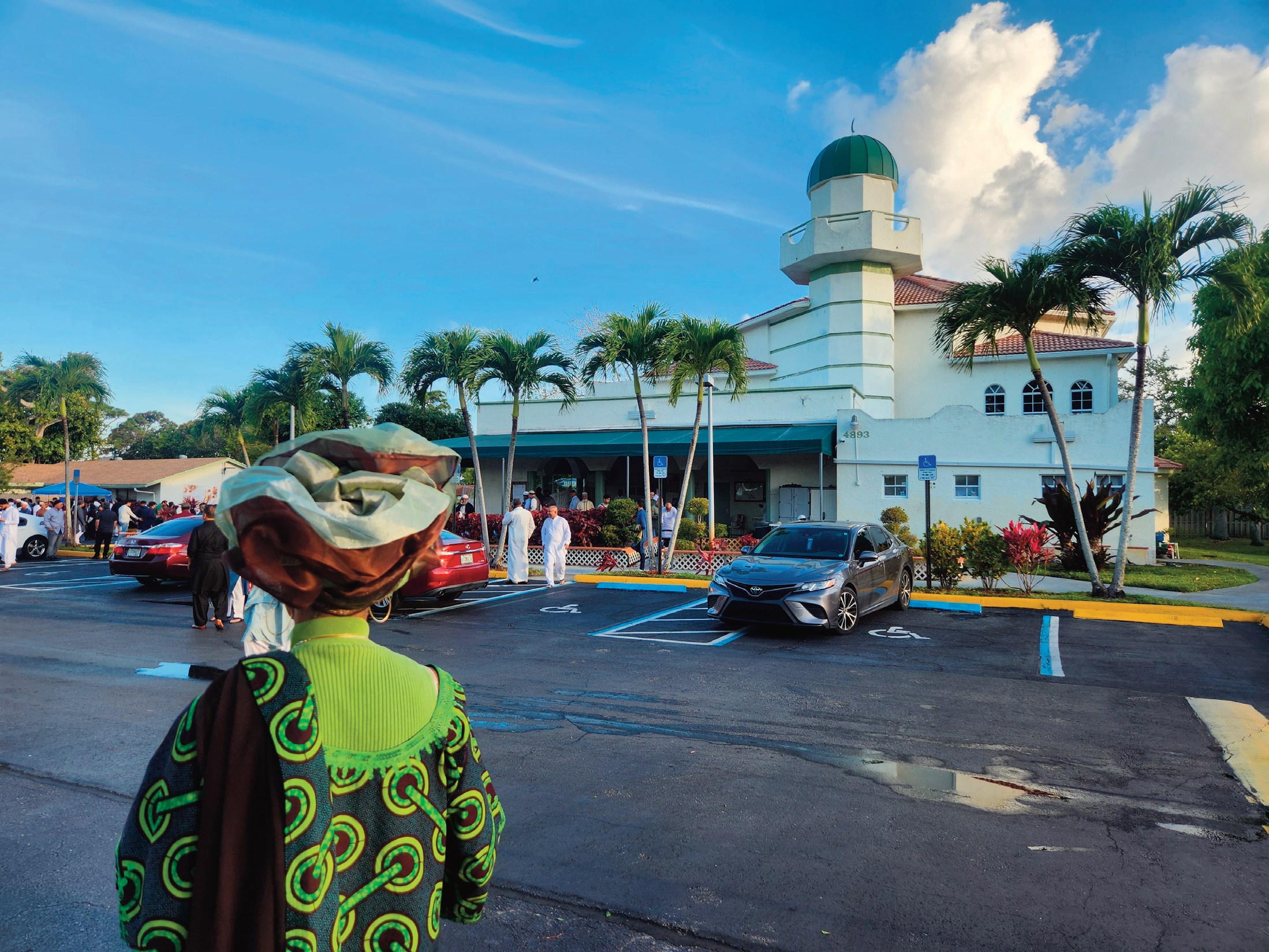



No Comment